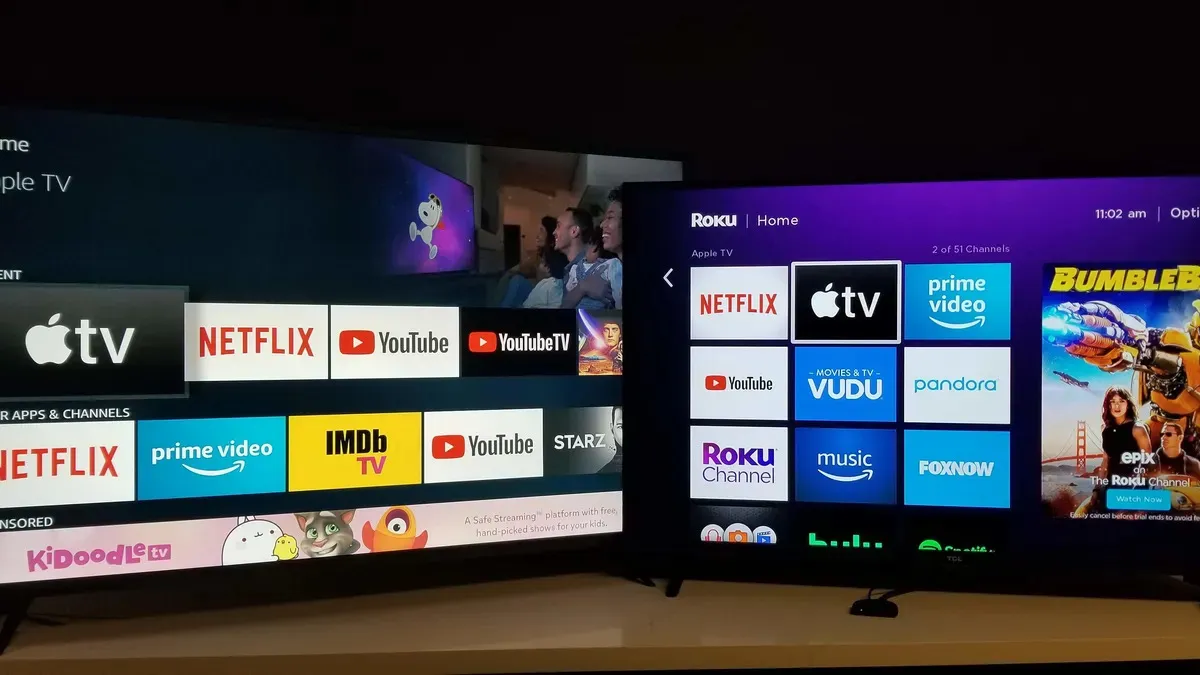According to a press release from Shein, a Chinese online retailer of fashion and casual clothing products, has announced its official office in Dublin for EMEA (Europe, Middle East, and Africa) region. This shows that Shein is making the effort to have multiplied physical interventions in this region - EMEA.
The opening of a Dublin office thus marks a significant milestone in the online fashion player’s growth. The recently opened office in Dublin, Ireland operates as the key core for Shein's operations in the EMEA region and as the primary center for Shein's strategic IT center.
Shein's staffing plan for the EMEA region
By offshoring its distribution centers, the online fashion company aims to enhance the speed and efficiency of order delivery within the region. As per Shein's plans, the central office for the EMEA region in Dublin will employ 30 people by the end of this year, including data analysts, financial managers, and legal professionals.

The Chinese online fashion retailer has also launched its emerging fashion designer incubator program, which has already collaborated with 390 designers and artists across the EMEA region since its launch in January 2021. With the aim to support them in their aspirations to launch a fashion collection and provide them with a wealth of knowledge, expertise, a vast network, and a global sales channel.
Shein's pop-up stores across EMEA
"The opening of our Dublin office marks a significant milestone in Shein's expansion within the EMEA region, which is one of our most important markets," said Leonard Lin, global head of government relations at Shein.
Thus, Shein has ambitious plans to launch approximately 30 pop-up stores across the EMEA region by 2023. The fact that a pop-up in Dublin last year attracted more than 4,000 visitors a day.

Therefore, Shein believes that these temporary stores play a vital role in Shein's business strategy. They provide customers with the opportunity to engage with their products in person and foster direct interaction between the brand and its consumers.
As part of its nearshoring strategy, Shein recently opened three new distribution centers in the EMEA region in 2022, including a 40,000-square-meter distribution center in Wroclaw, Poland, along with centers in Italy and the United Arab Emirates.

Currently, from 12 to 17 May, Shein has temporary shops in Cork and Ireland. Also, Chinese fashion retailer that is exclusively accessible online - Shein has just opened a pop-up model store in Marseille city in central Paris. This is not the first time Shein has opened a pop-up store in France. They already opened in Toulouse and Montpellier a year ago and in Lyon in March.

A company spokesman said that 8,000 people had visited the pop-up store in Marris. Fans flocking to the event lined up outside. Ms.Nadia, a French resident said: "I don't have enough money to shop at famous fashion brands, so I choose Shein". Another customer also shared that: " Dresses in other famous stores sell for 60 Euros but I can buy a good-looking dress for less than half the price here".
Intending to attract young Generation Z women, Shein regularly opens stores around the world such as in the suburbs of Manila, Philippines, Toronto, Canada, or right in Tokyo Japan at the end of last year to promote their online fashion-selling platform.
Shein's development outlook at EMEA
The current high-inflation context has given rise to low-cost retailers like Shein. As a result, this fast-fashion company is looking to increase its presence in Europe to gain more market share in the fashion industry.

According to the Financial Times, Shein's global earnings could reach nearly $60 billion by 2025. According to Yann Rivoallan, president of the French Federation of Women’s Ready-to-wear: “Shein has become a formidable competitor in the European fashion industry when it comes to selling clothes under 10 euros. They can produce fashion in a flash and do marketing campaigns aggressively.”

However, environmental activists in Europe strongly argue that the polyester clothing Shein produces harms the environment and that the marketing strategy encourages over-shopping. Winpees, an organization in Germany, analyzed 42 pieces of Shein garments purchased across Austria, Germany, Italy, Switzerland, and Spain, and said that 15% of them violate European legislation on chemicals. However, vice president Shein denied skepticism and insisted the company only manufactures based on orders and customer tastes. In manufacturing, Shein also tends to use solar or renewable energy to reduce CO2 emissions by 35% by 2030.



